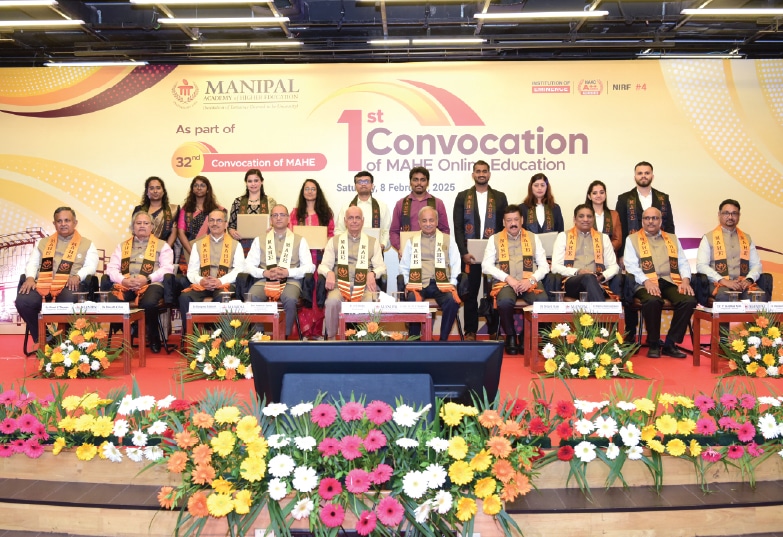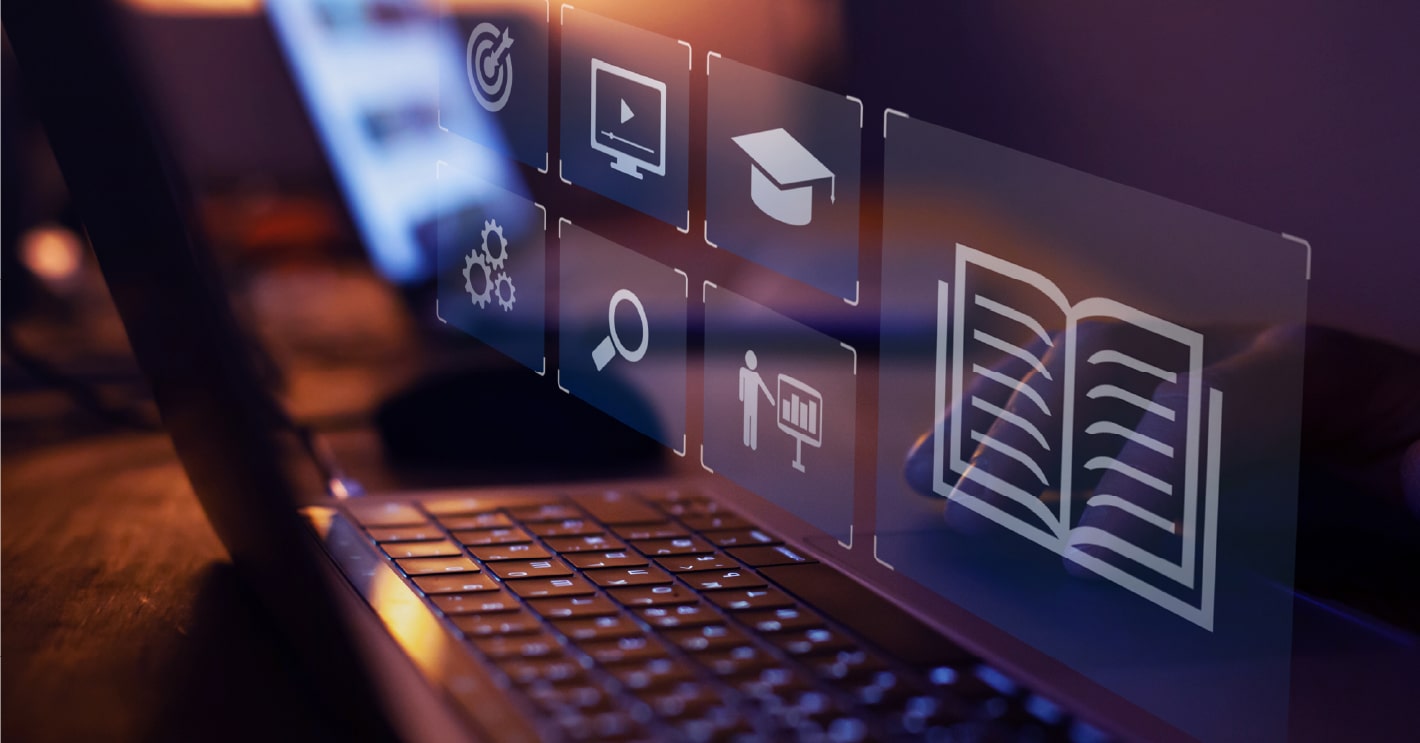Listen to this blog
Over the years, education has undergone a remarkable transformation, shaped by evolving societal & economical needs and technological advancements. The traditional model of education, characterized by classrooms, chalkboards and textbooks, has given way to a more engaging and interactive approach. The mindset of learners has changed in recent times as they are seeking personalized and engaging learning experiences over orthodox means of learning.
Technology plays a crucial role in driving these changes, fostering innovation in teaching methods and expanding access to education. The integration of smart devices, online platforms, and artificial intelligence has enabled a more individualized and flexible learning environment, catering to diverse learning styles.
Many students now find traditional teaching methods uninteresting as they want interactive, multimedia-rich content that aligns with their digital-native upbringing. The shift towards online learning, gamification, and collaborative platforms reflects this changing preference.
Looking ahead to 2024, several trends are expected to reshape education. Personalized learning pathways, adaptive technology, and cohort-based education are expected to gain prominence, catering to the unique needs of each learner. Integration of AI in education will further enhance learning experiences, bridging the gap between theoretical knowledge and practical application. The emphasis on critical thinking, creativity, and digital literacy will continue to grow, preparing students for a rapidly evolving educational landscape.
Also read: Advantages of online learning for working professionals
Explore our online programs to become future-ready
View All CoursesTop 8 trends that will reshape education in the coming years
AI Integration in Learning and Teaching
AI integration involves incorporating artificial intelligence technologies such as machine learning algorithms and natural language processing into educational practices to improve the learning and teaching experience. This can include personalized learning paths, automated grading, intelligent tutoring systems, and data analytics to track student progress.
Gamified Learning
Gamified learning involves incorporating game elements, such as challenges, rewards, and competition, into educational activities. This approach aims to make learning more engaging, motivating, and enjoyable, resulting in increased participation and retention of knowledge.
Online Learning
Online learning refers to educational activities that take place over the internet, typically through web-based platforms or learning management systems. It offers flexibility in terms of when and where learning occurs and can range from self-paced courses to live virtual classrooms.
Cohort-based Learning
Cohort-based learning involves organizing students into groups or cohorts that progress through a course together. In simple terms, it’s a practice where instructors teach the same lessons (or courses) to groups of students. This approach fosters a sense of community and collaboration among learners, as they engage in discussions, projects, and activities as a cohesive unit.
Check out: How online degrees empower women in rural areas
Wearable Technology in Education
Wearable technology, such as smartwatches or augmented reality devices, can be integrated into educational settings to enhance the learning experience. This may include real-time feedback, access to educational content, or immersive learning experiences through augmented reality.
Mobile Learning
Mobile learning involves the use of mobile devices, such as smartphones and tablets, for educational purposes. It allows learners to access content on the go, engage in microlearning, and participate in interactive activities through mobile applications or responsive websites.
Social Media Learning
Social media learning leverages social media platforms for educational purposes. This can include collaborative learning through discussion forums, knowledge sharing through social networks, and the use of social media tools to facilitate communication and interaction among learners and educators.
Lifelong Learning
Lifelong learning emphasizes the continuous acquisition of knowledge and skills throughout one’s life, beyond formal education. It recognizes that learning is a lifelong process and encourages individuals to pursue education and personal development at any stage of their lives.
`Check out: How emerging technologies boost access to education in India
Conclusion
The education landscape continues to evolve every year with a significant emphasis on online learning. The rapid developments in technology and increased internet accessibility have paved the way for innovative educational solutions. Online Manipal stands as a notable e-learning platform through which students and working professionals can access UGC-entitled online degrees and professional certifications from renowned Manipal universities to progress in their career.
A diverse range of online courses spanning across streams like management, computer applications, data science, business analytics, commerce, and arts, adaptive and interactive online learning model, enhanced flexibility and accessibility of learning resources, and world-class teaching staff make these online courses stand out. The shift towards digital platforms and personalized, tech-enhanced learning experiences marks a pivotal moment, shaping the educational journey for learners globally.











